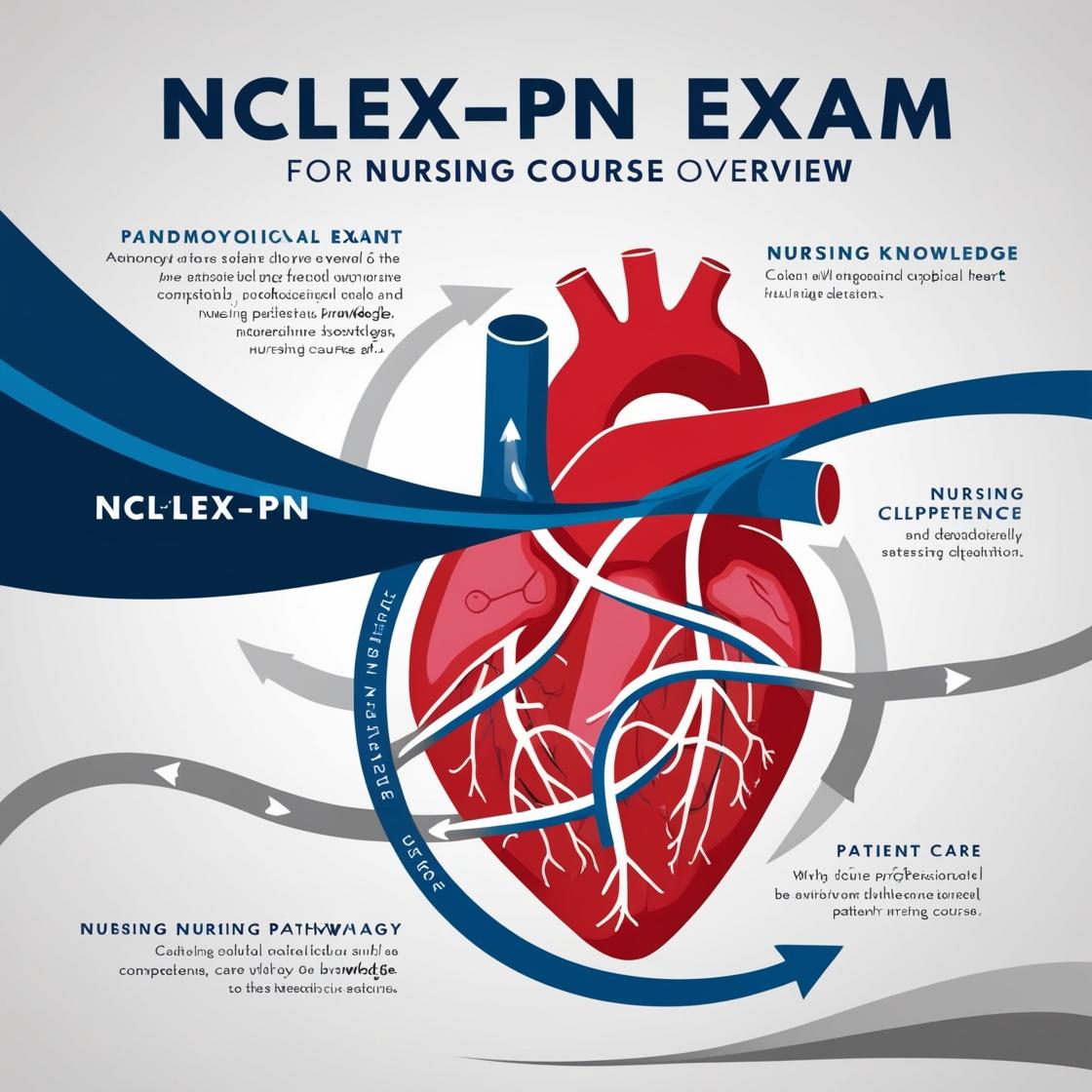NCLEX-PN
PN Nclex Questions 2024
1. The nursing assistant hitting the client in the long-term care facility can be charged with:
- A. Negligence
- B. Tort
- C. Assault
- D. Malpractice
Correct answer: C
Rationale: Assault is the appropriate charge in this scenario. Assault involves physically striking or touching someone inappropriately. Negligence (Choice A) refers to failing to provide proper care for the client. Tort (Choice B) is a wrongful act committed against the client or their property. Malpractice (Choice D) is the failure to perform an act that should have been done or the improper performance of an act resulting in harm to the client. Since the nursing assistant physically struck the client, the charge of assault is most fitting.
2. While the client is receiving quinidine, the nurse should monitor the ECG for:
- A. Peaked P wave
- B. Elevated ST segment
- C. Inverted T wave
- D. Prolonged QT interval
Correct answer: D
Rationale: Quinidine can cause widened Q-T intervals and heart block, leading to a prolonged QT interval on the ECG. Other signs of myocardial toxicity associated with quinidine include notched P waves and widened QRS complexes. Common side effects of quinidine include diarrhea, nausea, and vomiting, while less common effects may include tinnitus, vertigo, headache, visual disturbances, and confusion. Monitoring for a prolonged QT interval is crucial due to the potential risk of serious arrhythmias. Choices A, B, and C are not typically associated with the use of quinidine and are therefore incorrect in this context.
3. Narrow therapeutic index medications:
- A. are drug formulations with limited pharmacokinetic variability.
- B. have limited value and require no monitoring of blood levels.
- C. have less than a twofold difference in minimum toxic levels and minimum effective concentration in the blood
- D. have limited potency and side effects.
Correct answer: C
Rationale: The therapeutic index is the ratio between the median lethal dose and median effective dose of a drug, indicating the safety margin. Narrow therapeutic index medications have a small difference between minimum toxic levels and minimum effective concentration in the blood, making them high-risk drugs that require close monitoring to avoid toxicity. Choice A is incorrect because pharmacokinetics refer to drug absorption, distribution, metabolism, and elimination, not the therapeutic index. Choice B is incorrect because narrow therapeutic index drugs necessitate monitoring due to their narrow margin of safety. Choice D is incorrect because narrow therapeutic index drugs do not necessarily have limited potency but are characterized by a small window between efficacy and toxicity.
4. In performing a psychosocial assessment, the nurse begins by asking questions that encourage the client to describe problematic behaviors and situations. The next step is to elicit the client's:
- A. feelings about what has been described
- B. thoughts about what has been described
- C. possible solutions to the problem
- D. intent in sharing the description
Correct answer: B
Rationale: In a psychosocial assessment, the nurse should progress from having the client describe problematic behaviors to eliciting their thoughts about the dilemmas. This step provides essential assessment data and insights into the client's interpretation of the situation. Asking about feelings, solutions, or intent in sharing the description is premature at this stage. Understanding the client's thoughts is crucial before delving into more complex emotional or problem-solving aspects. Therefore, the correct answer is to elicit the client's thoughts about the described behaviors and situations, as this helps the nurse gain a deeper understanding of the client's perspective and thought processes.
5. What are appropriate nursing strategies to assist a client in maintaining a sense of self?
- A. Addressing the client by their first name when interacting with them
- B. Treating the client with dignity
- C. Explaining procedures to the client regardless of their attentiveness
- D. Encouraging the use of personal items to foster a sense of identity
Correct answer: B
Rationale: Maintaining a sense of self is crucial for clients in healthcare settings. Treating the client with dignity is a fundamental nursing principle that helps preserve the client's self-worth and identity. Addressing the client by their first name when interacting with them is a way to show respect, but it alone may not significantly contribute to maintaining their sense of self. Explaining procedures to the client, regardless of their attentiveness, is essential for informed consent and autonomy, empowering them in their care. Encouraging the use of personal items can foster a sense of identity as these items often hold personal significance and emotional value for the client, thus supporting their sense of self; therefore, discouraging their use would be counterproductive in maintaining a client's sense of self.
Similar Questions

Access More Features
NCLEX PN Basic
$69.99/ 30 days
- 5,000 Questions with answers
- Comprehensive NCLEX coverage
- 30 days access @ $69.99
NCLEX PN Premium
$149.99/ 90 days
- 5,000 Questions with answers
- Comprehensive NCLEX coverage
- 30 days access @ $149.99
